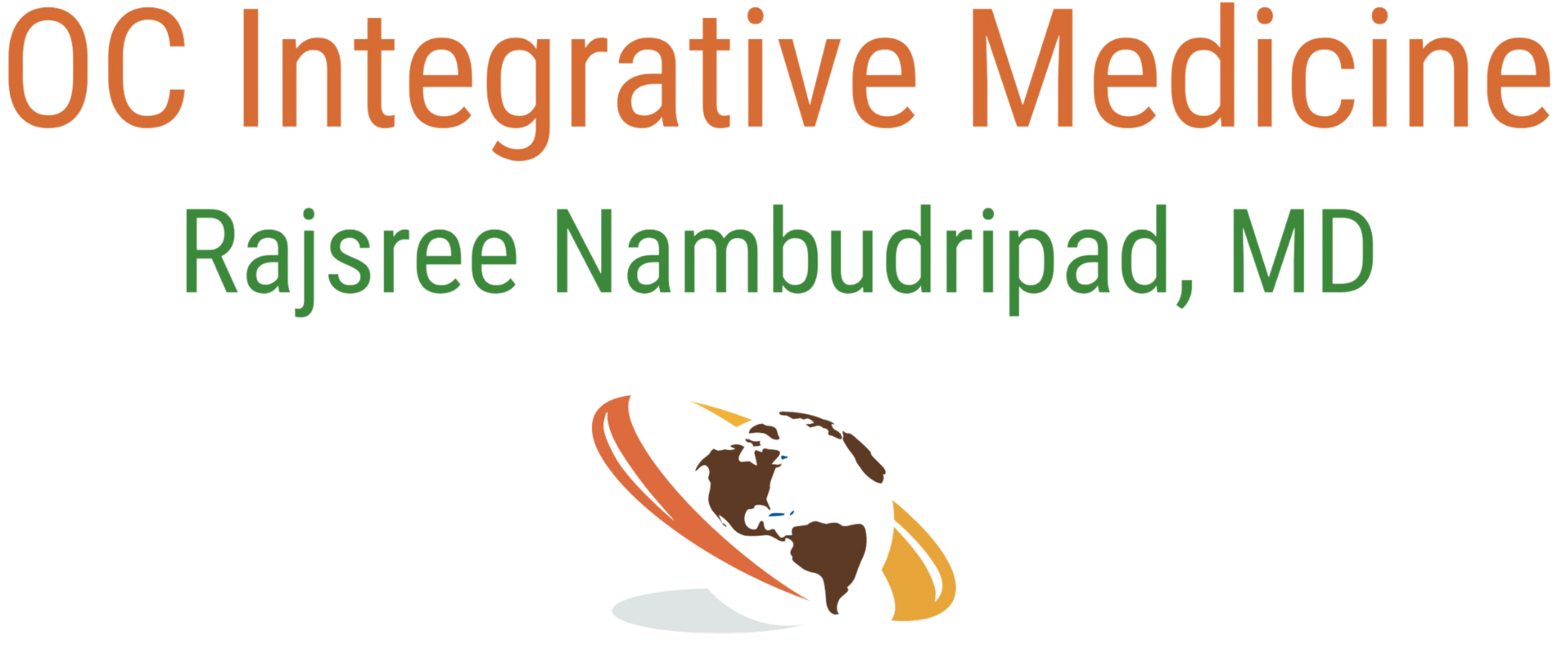
Hi Friends,
As Hippocrates said back in 400 BC, "All disease begins in the gut." If you're struggling with your weight, energy, immune system, mood, hormones, or even skin, it's important to pay attention to your gut microbiome. Astonishingly, the DNA
Did you know that the following common diseases are linked to dysbiosis, which is a bacterial imbalance in the gut?
Symptoms of dysbiosis can also include:
When it comes to treating dysbiosis, we need to add more "good bacteria," to repopulate the microbiome and crowd out "bad bacteria." These key "good bacteria" are the bacterial superheros of the gut and include
Lactobacillus & Bifidobacterium:
- These strains influence metabolism, potentially aiding in weight management.

- The strains may influence the efficiency of our mitochondria, the energy powerhouses of our cells.

- Recent studies have found these strains to be warriors against irritable bowel syndrome (IBS) symptoms.

- There is a fascinating connection between these bacteria and our brain
 , suggesting they might be our allies in preventing depression. Remember, the gut is the 2nd brain!
, suggesting they might be our allies in preventing depression. Remember, the gut is the 2nd brain!
- Research suggests that spore probiotics can be beneficial for those with Irritable Bowel Syndrome and Small Intestine Bacterial Overgrowth (SIBO).
S. boulardii:
- S. boulardii, a probiotic yeast, helps to ward off other harmful yeast in our body. It can help prevent yeast infections, fungal skin infections, dandruff, and an overgrowth of Candida in the gut.
- S. boulardii can help regulate histamine reactions in the body, potentially alleviating allergy symptoms.

- S. boulardii has been shown to be effective in treating IBS, preventing antibiotic-associated diarrhea, parasite infections, and traveler's diarrhea
 .
.
To Learn More About Our Probiotics:
-
 Probiotic 100 Billion: 5+ strains of Lactobacillus and Bifidobacterium
Probiotic 100 Billion: 5+ strains of Lactobacillus and Bifidobacterium -
 Probiotic 225 Billion: 5+ strains of Lactobacillus and Bifidobacterium with Larch prebiotics
Probiotic 225 Billion: 5+ strains of Lactobacillus and Bifidobacterium with Larch prebiotics -
 Spore Probiotic IgG: Our #1 probiotic for SIBO!
Spore Probiotic IgG: Our #1 probiotic for SIBO! -
 S. Boulardii: For preventing and treating yeast infections, Candida, Small Intestine Fungal Overgrowth (SIFO), IBS, and Histamine Intolerance
S. Boulardii: For preventing and treating yeast infections, Candida, Small Intestine Fungal Overgrowth (SIFO), IBS, and Histamine Intolerance

Broccoli ![]() Soup
Soup
Ingredients:
1/2 yellow onion coarsely chopped
4 cloves garlic, coarsely chopped
12 oz bag of frozen broccoli, defrosted
Half of a 12 oz bag of mixed veggies (corn, carrots, peas, and green beans), defrosted
32 oz carton of chicken or vegetable broth
1/4 cup olive oil
1/2 tsp cumin
1/2 tsp chili powder
1 tsp salt
1/2 tsp black pepper
In a large saucepan, sauté the onions, garlic and spices until fragrant with 1/4 cup olive oil. Then add the defrosted broccoli and mixed veggies. Sauté and add the salt and pepper. After about 5-7 minutes, when the veggies are well cooked, add about 1/2 carton of broth. Mix well, then transfer to a high power blender. Be careful when blending hot ingredients. Consider covering the blender with a towel and holding down the lid for added safety. Blend until smooth. Pour the soup back into the saucepan, and add the other 1/2 carton of broth. Stir together and heat back up to a boil.
Enjoy!
Thanks for reading this week's newsletter! Remember, a healthy gut microbiome sets the stage for radiant health and wellness.![]()
Please share it with a friend or family member who may need help healing their gut microbiome.
Warm regards,
Rajsree Nambudripad, MD


